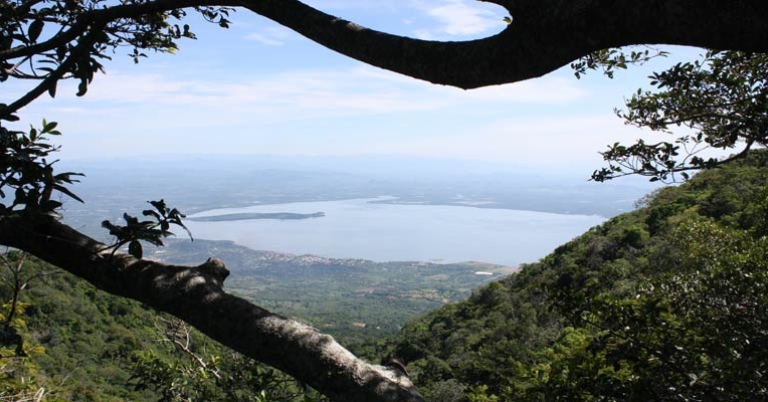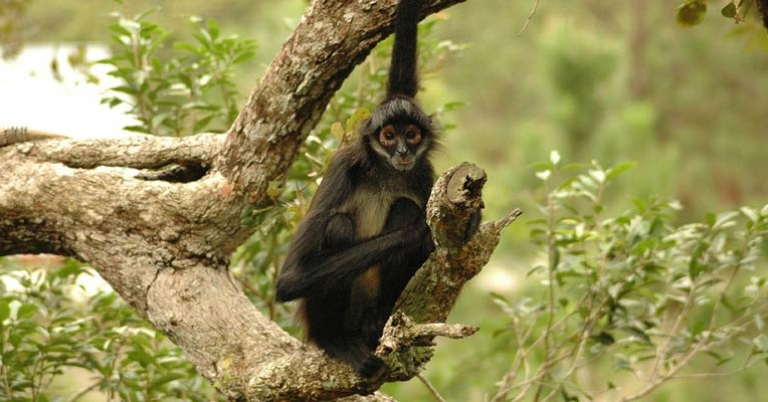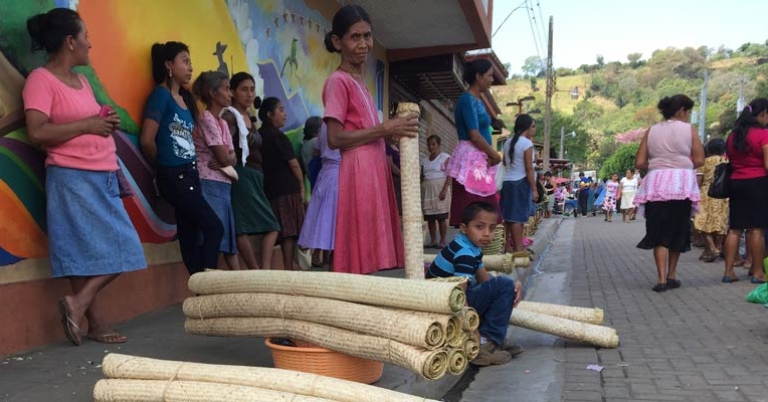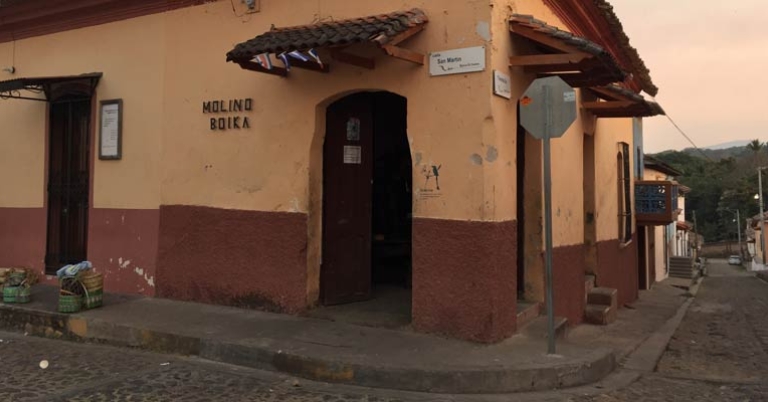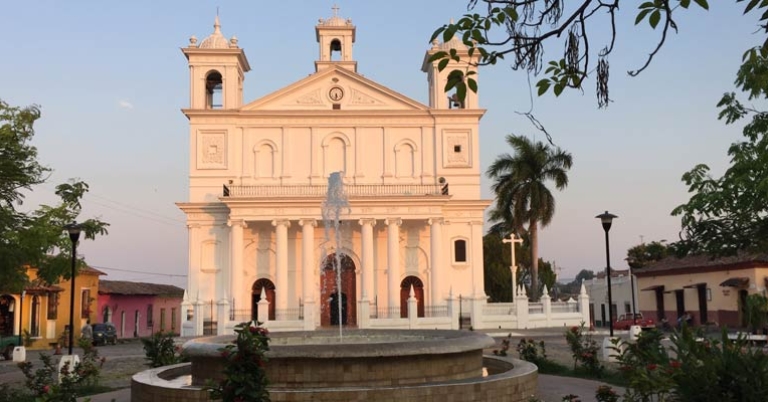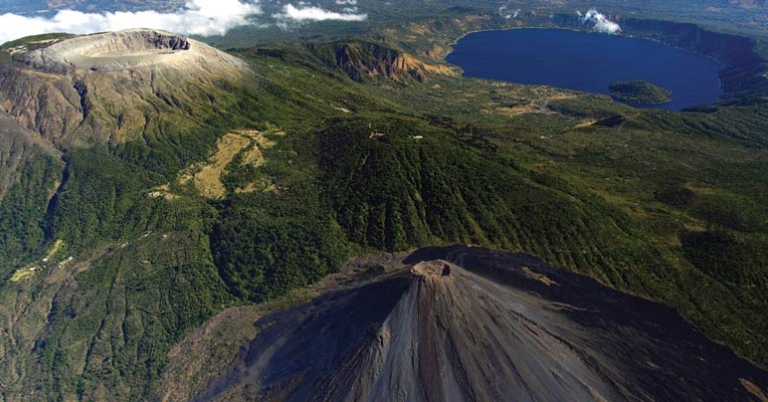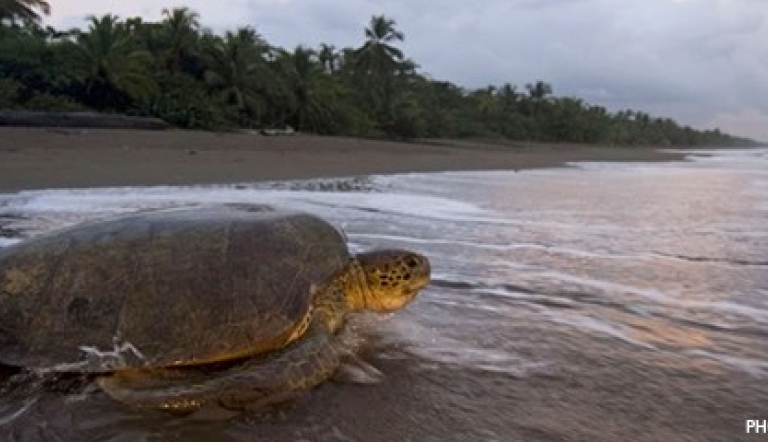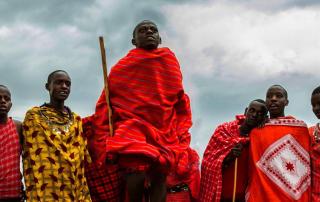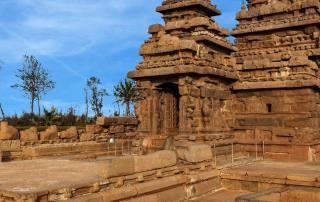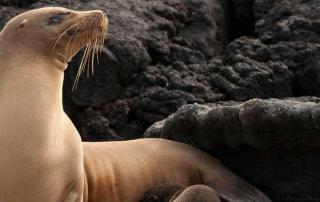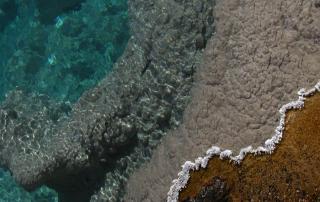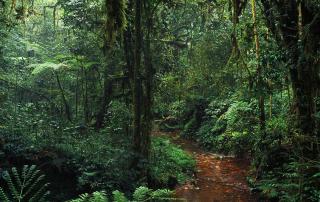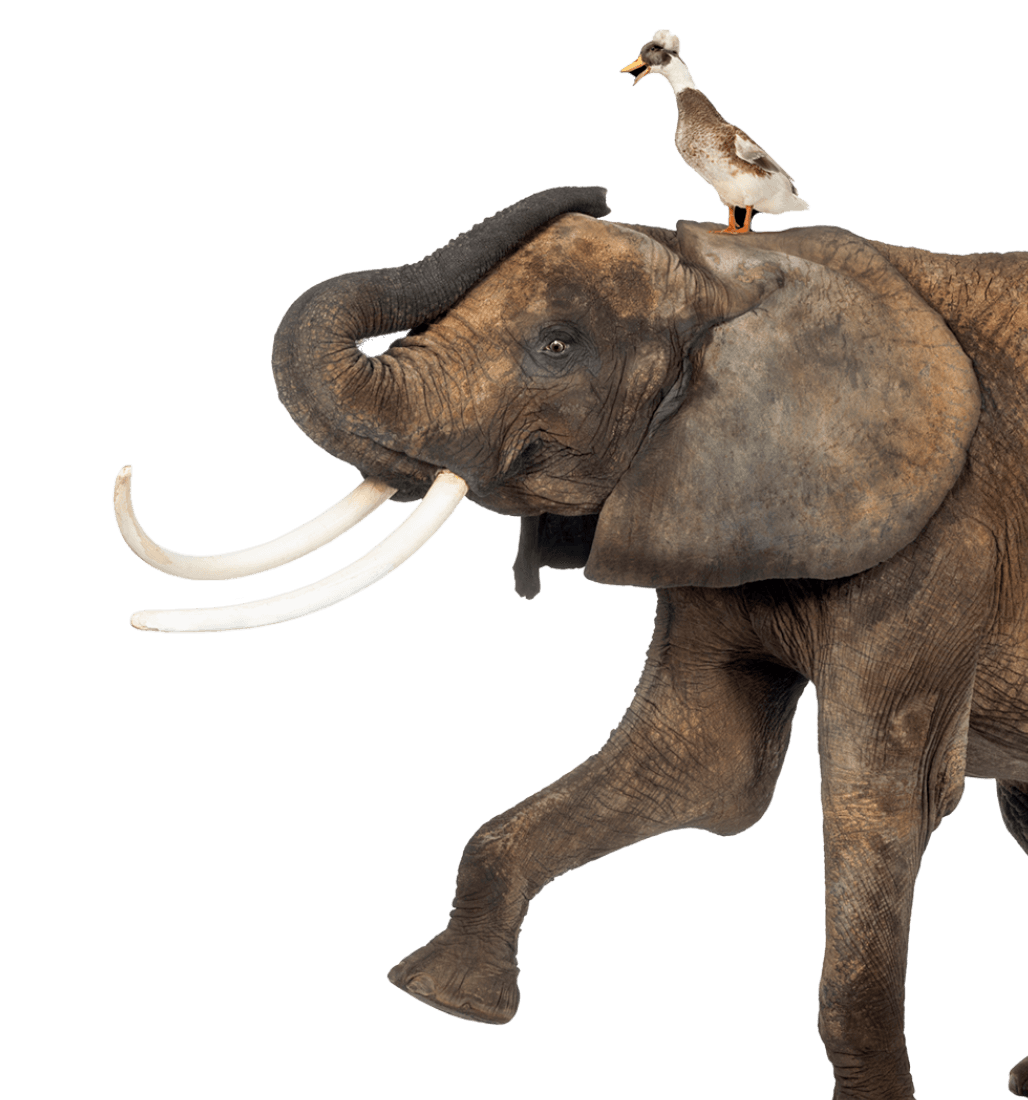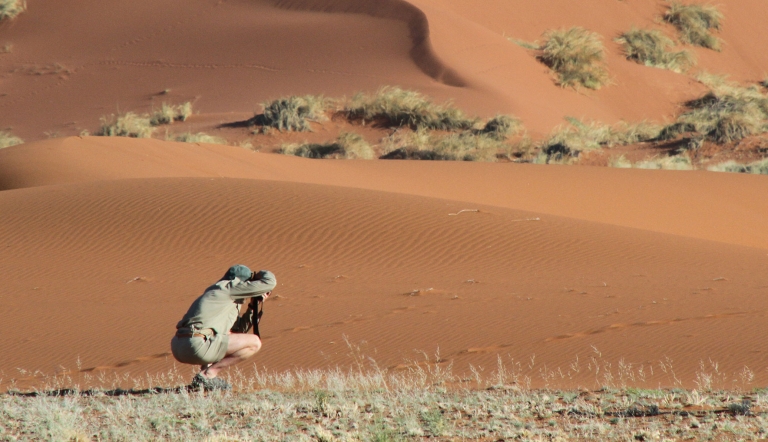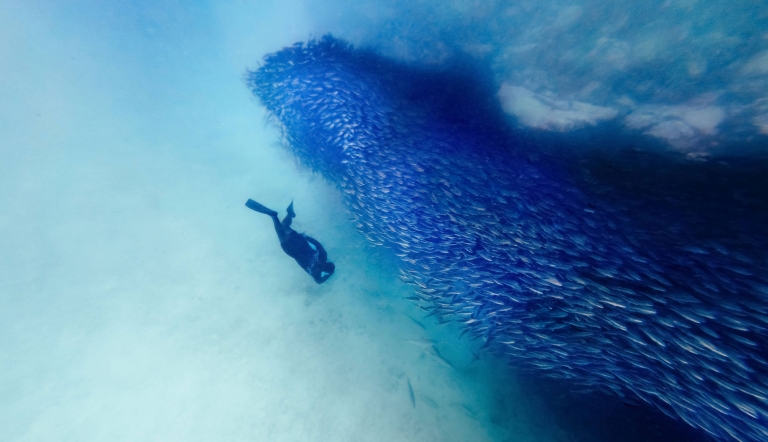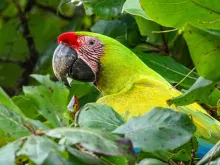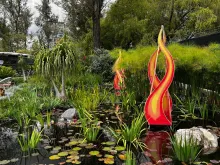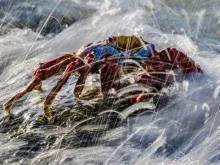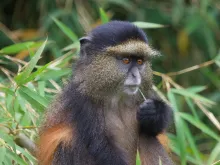With few tourist crowds, travelers who choose this destination are given an up-close and personal encounter. Experience El Salvador’s natural wonders on land and by sea. Visit the mighty volcanoes rising up from the ground in Volcanoes National Park, or venture through the rainforest of El Imposible National Park. Down by the ocean, explore El Salvador’s Pacific beaches, surf spots and coastal estuaries.
El Salvador is home to over 800 animal species, including butterflies; birds like toucans, quetzals, sandpipers, herons, hummingbirds, and parakeets; monkeys; and sea turtles. See them in their natural habitat by going to the country’s many reserves and national parks.
Experience rich Mayan culture through archeological sites and well-preserved artifacts in the country’s many museums. Walk through El Salvador’s many colonial towns to get an authentic look into what daily life is like for its residents.
Marine Life
Marine life is abundant in El Salvador, thanks to its pristine coastal estuaries. One of these, Jiquilisco Bay, is a 246-square-mile UNESCO Biosphere Reserve on the coastline that has helped preserve marine life for decades. Its beaches, fresh water lagoons, mangrove forests and estuaries are home to many species of marine life found in coastal ecosystems, but sea turtles are among Jiquilisco Bay’s most prominent residents. Four endangered sea turtle species—the hawksbill, leatherback, olive ridley, and green turtles—use Jiquilisco Bay as their nesting area, which gives travelers the rare opportunity to witness them laying their eggs, learn about sea turtle conservation efforts, and help release baby turtles into the ocean. Jiquilisco Bay has served as a refuge for many species of marine animals and plants to not only recover their population numbers, but to thrive.
Geology
Despite its small size, El Salvador has over 20 volcanoes densely lining the Pacific coast. One of the best places to observe them is at Volcanoes National Park, located near San Salvador. Here, travelers can choose to either marvel at its three towering volcanoes, Cerro Verde, Izalco, and Santa Ana, from the base or hike up to the craters with a local guide. From the top, hikers can gaze out at the breathtaking, blue Coatepeque Lake which occupies the crater of an extinct volcano.
Volcanoes aren’t the only noteworthy geological feature here. El Salvador’s beaches are among the most pristine in the world because of the minimal crowds that visit them, preserving their natural, beautiful state. The sand originated from volcanic eruption and debris and comes in three different types: black, grey and coral. El Salvador’s beaches offer adventure and are considered one of the top surfing destinations worldwide, or are perfect for just sitting back and relaxing on the shore.
Culture & History
Ancient Mayan culture has been heavily preserved in one of El Salvador’s most famous archeological sites, Joya de Cerén. This UNESCO World Heritage Site is often referred to as “the Pompeii of the Americas” because a volcanic eruption in 600 A.D. buried and preserved this entire pre-Hispanic farming village. Here travelers can get a glimpse into what daily life was like for the Mayan people to better understand their culture and how it has influenced El Salvador’s society today.
Traditions run deep in the communities of El Salvador, with colonial villages preserving their way of life and culture. You can observe this in a town like Suchitoto, which is considered the “cultural capital” of El Salvador. As you walk down the cobblestone streets and past the colonial-style buildings, visitors get a chance to feel like they have gone back in time. This town is also a central component to El Salvador’s Indigo production industry, which has been a traditional crop since the 1800s. Visitors can explore the town’s indigo plantations and even dye a scarf to truly experience the native culture firsthand.
Entry & Exit Requirements
U.S. citizens must have a valid passport to enter El Salvador. Passports must be valid for at least the duration of your stay. As this requirement is subject to change at any time without notice, we recommend at least 6 months' validity.
A visa is not required. Upon arrival, you must purchase a tourist card for USD $12. Payment must be made in cash.
If you are not traveling with a U.S. passport, please check with the Embassy of El Salvador for the requirements based on your nationality.
Health Information
IMMUNIZATIONS
The Centers for Disease Control recommends that all travelers be up to date on routine vaccinations such as measles-mumps-rubella (MMR) vaccine, diphtheria-pertussis-tetanus vaccine, varicella (chicken pox) vaccine, and your yearly flu shot before every trip.
There are no vaccinations required for entry into El Salvador, unless you are arriving directly from a country where yellow fever is a risk.
Some physicians recommend that travelers get hepatitis A and typhoid vaccines before visiting El Salvador.
Please consult your physician for additional information and recommendations based on your individual circumstances.
MALARIA
Travelers to Central America may be at risk for exposure to malaria. According to the CDC, the risk of malaria in El Salvador is very low. Malaria is caused by a parasite found in Anopheles mosquitos, which are active from dusk until dawn. The CDC recommends that travelers to El Salvador protect themselves from mosquito bites. Please consult your physician to determine whether the use of an anti-malarial drug is recommended based on your individual circumstances.
CHIKUNGUNYA
Locally transmitted cases of chikungunya have been reported in El Salvador. Local transmission means that mosquitoes in the area have been infected with chikungunya and are spreading it to people. The CDC recommends that travelers to El Salvador protect themselves from mosquito bites.
ZIKA VIRUS
Locally transmitted cases of Zika virus have been reported in El Salvador. Local transmission means that mosquitoes in the area have been infected with Zika and are spreading it to people. The CDC recommends that travelers to El Salvador protect themselves from mosquito bites. As a precaution, the CDC advises women who are pregnant to consider postponing travel to any area where Zika virus transmission is ongoing.
SUN EXPOSURE
The effects of the sun can be damaging to the eyes and skin. Spending time outdoors exposes you to the sun’s harmful ultraviolet (UV) rays, even on cloudy days. To protect yourself from the sun, use a broad spectrum sunscreen of at least SPF 15, protect skin with clothing, wear a wide-brimmed hat and sunglasses, and drink plenty of fluids.
Suggested Packing List
To help you get ready for your expedition, below is a suggested packing list. You may find many of these items in our Gear Store, plus many clothing and accessory items.
CLOTHING
- T-shirts and one long-sleeved shirt for sun and mosquito protection
- Shorts for the field and in towns
- Pants (lightweight cotton), for protection against mosquitoes
- Lightweight jacket/poncho or sweater/sweatshirt
- Underwear
- Bathing suit
- Socks
- Shoes - hiking boots, water shoes, and sandals
- Hat or sun visor
- Waterproof gear -- coat, hat, shoes/boots
MISCELLANEOUS
- Binoculars and/or scope and lens cleaner
- Camera and extra batteries
- A pocket calculator or phone to assist with currency exchange
- A small backpack for day walks
- Photocopies of all documentation, passport, and tickets
- Prescription drugs and a copy of the prescription
- Sunscreen
- Water bottle
- Non-perishable snacks
In addition to your toiletries, it is useful to pack a small medical kit, which you can easily prepare. Helpful items include bandages, mosquito repellant, antihistamine, a pain-reliever, individually wrapped moist towlettes, anti-diarrhea medicine, anti-fungal cream, and an extra pair of disposable contact lenses or eyeglasses if you wear them.
